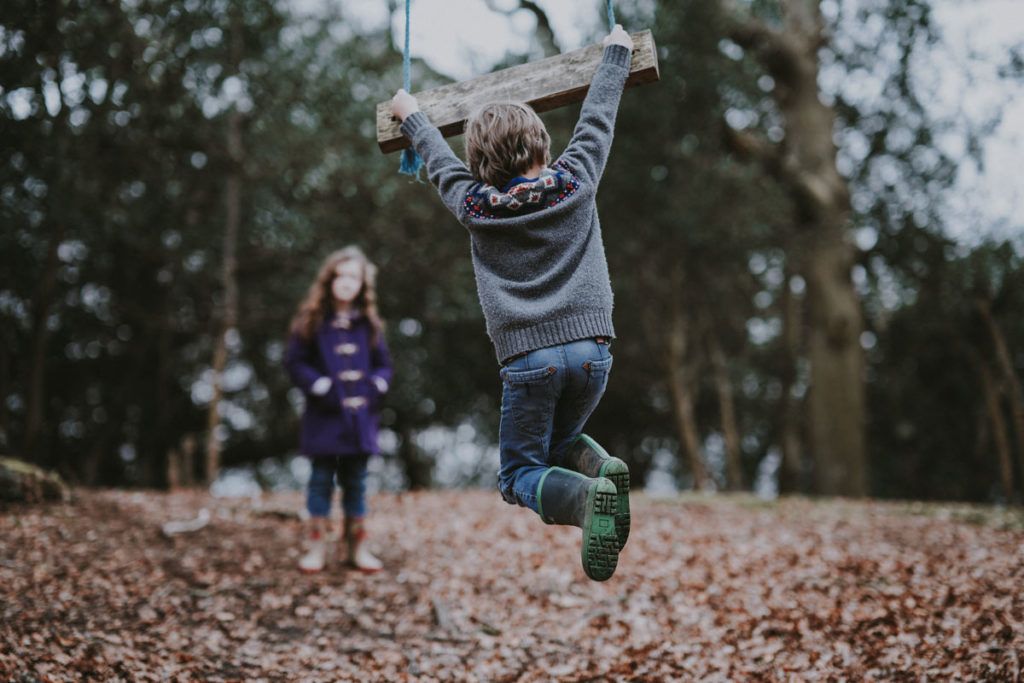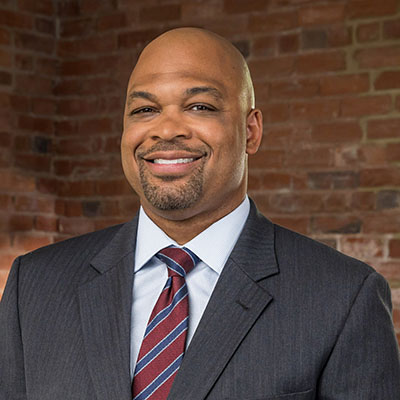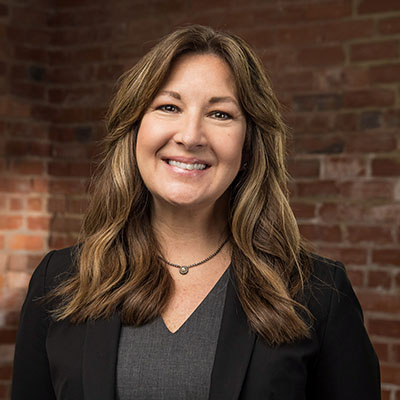Every parent dreads that call in the middle of the night when your children are out. Are the kids safe? Are they in trouble? Are they being well taken care of? As children get older, we want to allow them more independence, but with independence comes worries about the safety of our children when they are being supervised by someone else. Most of us have allowed our children to visit the homes of other families, or have had other children at our home. Most of us recognize that when other people’s children are placed in our care we have a moral obligation to see that they will be well taken care of. But is there a legal obligation, as well?

In 2009, the Supreme Court of Virginia answered yes… but with some limits. In Kellermann v. McDonough, 278 Va. 478 (2009), the court said that when one parent relinquishes their child into the care of another adult who agrees to supervise the child, then that supervising adult must exercise the duty to supervise with reasonable care. Before this holding, it was unclear whether the host parent assumed any legal responsibility for the care of the visiting children.
The facts alleged in that case are a parent’s worst nightmare. A 14-year-old girl was going to stay at her best friend’s house in Henrico County. Before dropping off his daughter, the father told the mother of the other child that his daughter was not allowed to ride in cars driven by underage boys. The mother agreed.
When they got to Henrico, the girls were taken by the mother to a mall and dropped off to see a movie. There, they met a 17-year-old boy they knew. After the movie, the boy offered to give the girls a ride home. The girls called the Henrico mother, who agreed to let the 17-year-old boy drive the girls home.
The 17-year-old boy drove wildly on a curvy road. He lost control at very high speed, ran off the road and hit a tree. Tragically, the visiting girl died at VCU/MCV Hospital.
The father of the visiting girl sued the host parents for failing to properly supervise their daughter—particularly in light of the promise by the host mother not to allow the girls to ride with underage boys.
The Supreme Court of Virginia held that there is a duty to use a reasonable degree of care to protect minor children placed under one’s supervision. As the Justices noted, if this wasn’t true then a parent could invite 4 or 5-year-olds to a sleepover and allow them to play with loaded guns. Secondly, the Justices stated that if one makes a promise in relation to the care, such as “no riding with a teenage boy driver” then a violation of that promise can result in liability.
This holding should provide comfort for parents entrusting their children to the care of others, be it for an afternoon or an overnight sleepover. However, it also should serve as a warning to every parent who allows their children to host their friends. What about parties with alcohol?
Can a hosting parent be held liable if visiting children drink at their house, then later drive and cause an accident? Virginia has held that a bar is not liable if one of their patrons drinks too much and later hurts someone on the road, Williamson v. Old Brogue, Inc., 232 Va. 350 (1986). But would this protection to bar owners serving alcohol legally extend to parents hosting a party where teens are drinking illegally? Not likely. What if parents leave a lawful weapon in an unlocked drawer? Can they be found liable if one of the guests finds the gun and hurts herself or others? There is still a great deal of uncertainty surrounding these situations.
Therefore, parents need to be careful. In Virginia, parents of underage children who place them into the care of others on a sleepover or other occasion have the right to expect that the host parents will use reasonable care to keep their minor children safe. And if any promises are made as part of the occasion, the parents and minor children have a moral and legalright to expect that the promises will be kept. Finally, as every parenting magazine recommends, be sure you know the parents that you entrust your child to, and consider the responsibility you are entrusting the other parents with when you leave your child in their care.
If your loved one has been hurt in circumstances where someone else had a responsibly to take care of them, you should consult a lawyer about what to do. The lawyers at Allen, Allen, Allen & Allen have years of experience handling such cases and are available to help.




